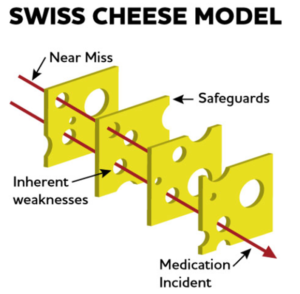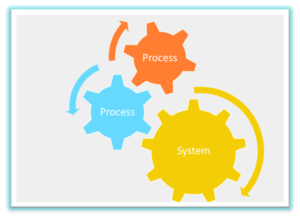Dealing with a heart or stroke condition can be complex, and recovery can be more manageable with the right kind of emotional support. A community of survivors and caregivers who’ve had similar experiences help patients and caregivers find their footing on the path to better health.
Category: Resource
Quick Guide to Standards of Care for Chronic Disease Screening: Recommendations for CKD Screening
CKD Conversation Starter
Describes all CKD Stages, Symptoms, Complications, and recommended tests. Provider facing tool summarizing Standards of Care and billing codes for CKD.
Addiction Medicine Toolkit
This Centers for Disease Control and Prevention (CDC) toolkit provides an introductory overview of addiction medicine for clinicians and provides strategies that can be implemented in your practice.
My Health Plan – Taking Care of Heart Health
Education booklet for patients and caregivers to enhance self care and monitoring, as well as early identification of heart failure symptoms.
Trauma-Informed Care Change Package for Nursing Centers
6-Step change package for nursing centers to become trauma-informed.
Shine a Light on Stigma
“Physicians Fighting Stigma: Judgement-Free Scripting for Stages of Change in Opioid Use Disorder” is a series of brief videos (less than 3 minutes each), presented by Bobby Redwood, MD. with the Superior Health Quality Alliance.
Annual Wellness Visit (AWV) Guide: Implementing Medicare’s Annual Wellness Visit A Reference Guide for Practices
This guide is intended to help practices implementing Annual Wellness Visit (AWV).
Trauma-Informed Care Change Package for Health Care Organizations
6-Step change package for health care organizations to become trauma-informed.
Performing Root Cause Analysis (RCA) with Performance Improvement Projects (PIPs)
Overview: A Root Cause Analysis (RCA) is a structured, facilitated team process to identify root causes of an event that resulted in an undesired outcome and develop corrective actions. The RCA process provides a way to identify breakdowns in processes and systems that contributed to the event and how to prevent future events.

The purpose of a RCA is to find out what happened, why it happened, and determine what changes need to be made. It can be an early step in a PIP, helping to identify what needs to be changed to improve performance.
Once you have identified changes that need to be made, the steps you will follow are those you would use in any type of PIP.
Use this Step-by-Step Guide for Performing Root Cause Analysis with Performance Improvement Teams to investigate events in your facility (e.g., adverse event, incident, near miss, complaint).
Download this fillable RCA PIP Team Template to track progress toward process improvements.

NOTE: Facilities accredited by the Joint Commission or in states
with regulations governing completion of RCAs should refer to those requirements to ensure all necessary steps are followed.
Safe Visitation Sample Policy Template
A modifiable template to develop a safe visitation policy. Please be aware you need to add your state specific guidance to policy.
Influenza Vaccine: What You Need to Know
Updated patient education flyer on the importance of the influenza vaccine.
SAMHSA Buprenorphine Guides for Opioid Use Disorder
SAMHSA has developed a Buprenorphine Quick Start Guide and Pocket Guide for all practitioners seeking to prescribe buprenorphine.
https://www.samhsa.gov/sites/default/files/quick-start-guide.pdf
Go to the Hospital or Stay Here? Using the Decision Guide to Reduce Hospitalization & ER Visits
During this keynote presentation, Dr. Ruth M. Tappen, EdD, RN, FAAN describes how to use a resident and family decision aid regarding transitions to acute care settings.
Slides from Dr. Tappen’s presentation can be found here. https://qi.ipro.org/wp-content/uploads/4_New-Day-Keynote2_Dec2021_Tappen_508-1.pdf
Using Data to Drive Improvement & CASPER
Lean how to understand your CASPER data and build an effective date review process.